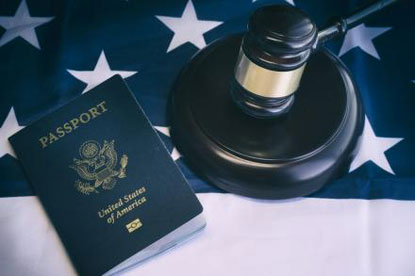Summary: The All Writs Act of 1789 is at the center of a locked mobile phone case being investigated by U.S. prosecutors.
In an effort to tackle a modern issue, the Justice Department is using a law that is more than 200 years old, according to The Wall Street Journal.
The modern issue is password-protected cellphones and the 225-year-old law is the All Writs Act of 1789.
To read more Tech & Science News, click here.
Last month, prosecutors requested that a federal magistrate in Manhattan order a phone maker to provide the government with “reasonable technical assistance” to unlock a phone that is protected via password because it might contain evidence in a credit card fraud case.
To read more stories regarding mobile phones, click here.
A search warrant was approved for the phone three weeks earlier, but the name of the phone maker, the operating system it uses and the reason why the government has failed to unlock the phone have not been released to the public.
In the past, search warrants have been used to require phone companies to unlock cellphones. The required language for these search warrants is found on the Apple website. The company even provides a fax number the government can use when seeking search warrants.
When an iPhone user sets a password for their phone, the data on it is encrypted the second the phone is locked. Apple can decrypt the code only if it knows the password, which the company claims it does not record.
To read more about Apple, click here.
In the credit card fraud case, U.S. Magistrate Judge Gabriel Gorenstein was asked by prosecutors to order the manufacturer of the phone to unlock it.
In his ruling, Judge Gorenstein wrote the following:
“It is appropriate to order the manufacturer here to attempt to unlock the cellphone so that the warrant may be executed as originally contemplated.”
Judge Gorenstein told the manufacturer of the phone that it has five business days to protest the order after receiving it.
A spokesman for the U.S. Attorney’s office in the Southern District of New York, James Margolin, said, “It’s not that unusual for the government to use an All Writs order to get a phone-maker to unlock a phone.”
To read more about the U.S. Attorney’s office in the Southern District of New York, click here.
Will the government succeed in this case? Use our poll to share your thoughts.














































